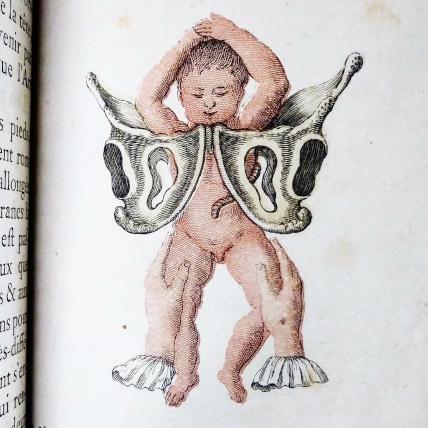Meeting the challenges of our complex world demands a better understanding of the changes in science, technology and medicine that have profoundly shaped human lives. History of science, technology and medicine (HSTM) draws on the tools of intellectual, social and cultural history, as well as other fields in the humanities and social sciences, to reveal important insights into how and why these changes have emerged and continue to occur. In doing so, HSTM offers historical perspectives on pressing contemporary issues, and provides a platform for broader public engagement with science, technology and medicine.
The Consortium brings together educational, cultural and research institutions to promote HSTM. Established in 2007 as a regional collaboration of Philadelphia-area institutions, the Consortium now comprises members from three continents and continues to welcome new members who share our commitments and can help to advance our mission. It has grown into a highly successful collaboration of universities, independent libraries and museums, and professional societies from around the world.
The Consortium awards fellowships for researchers, produces events for academics and for the public, and provides online resources for teaching, learning and research. Highlights include:
- Fellowships: Awards support HSTM projects that make use of members' collections, including fellowships for research travel, as well as dissertation and postdoctoral fellowships. In addition, the Emanuel Fellowship provides broad support for independent scholars.
- Online working groups: Monthly meetings focusing on specialized topics in HSTM. Each year, about 30 groups bring together thousands of scholars from six continents to share their works-in-progress and discuss recent work and developments in their fields.
- Online public events: The Consortium’s web portal, Perspectives, features a growing library of podcasts, videos and essays, along with resources for teaching and learning about historical and contemporary issues in science, technology and medicine.
- Web-based resources: These include detailed information on members' collections, recent news about the Consortium and its members, and a comprehensive calendar of HSTM events at member institutions. Additionally, a cross-institutional search hub provides a simple, unified, interface for finding the rare books, manuscripts, and artifacts held in Consortium members' collections.
An active community, including scholars, librarians, students, nonprofit leaders and interested non-academics who care deeply about science, technology and medicine, past and present, participate in the Consortium's activities and take advantage of members' resources. A growing number of foundations, corporations and individuals support these activities and programs.
As the pace of scientific change continues to accelerate, it is more important than ever to support scholarship helping us understand our past choices and their consequences for our future.
